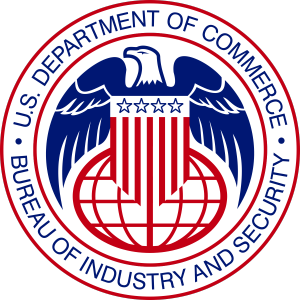Search
Published on:
Navigating Russia Sanctions: Strategies for Companies to Mitigate Supply Chain Risks
In response to Russia/Ukraine conflict, and Belarus’ ensuing support for Russia, the United States and global allies have imposed sweeping sanctions and export control restrictions on both Russia and Belarus. These actions are discussed extensively in our prior publications.
The sanctions and export controls restrictions especially target Russia and have had a significant impact on the Russian economy. Virtually every industry is impacted, and Russia’s financial institutions, businesses and prominent individuals are being targeted by ever-widening sanctions and export control restrictions imposed by the United States and global allies. As the situation evolves, further restrictions remain possible.
 Global Trade & Sanctions Law
Global Trade & Sanctions Law


